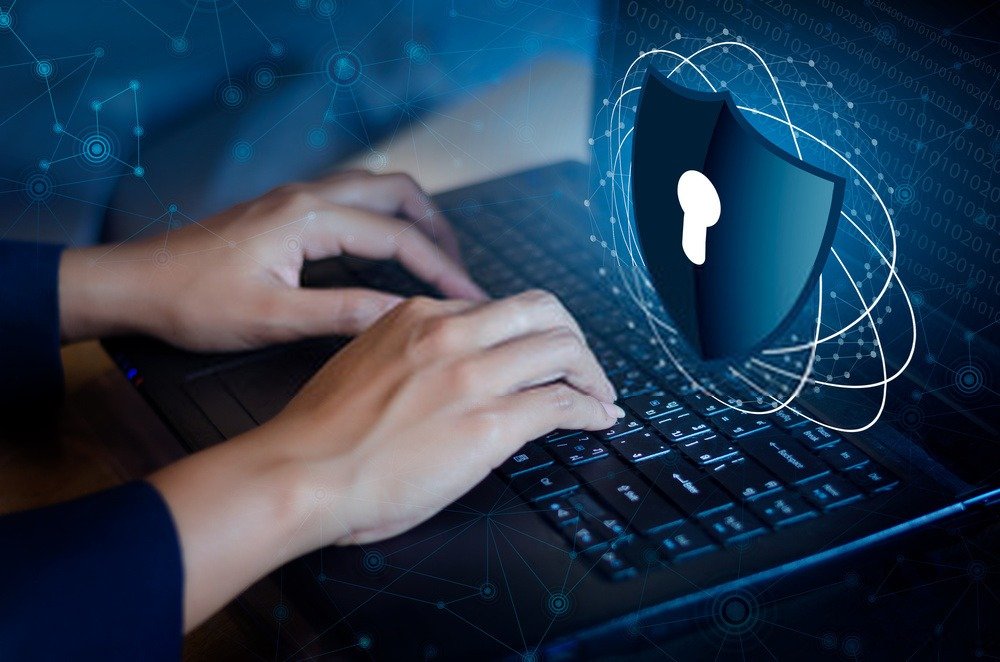Cybersecurity has become a major issue for businesses. If professional certifications attest to specific skills, they do not guarantee complete and operational expertise. To become a real cybersecurity expert, it is essential to combine academic training, practical experience and continuous development of skills.
The limits of cybersecurity certifications
Theoretical validation of skills

Certifications such as CISSP, CISM or CEH are recognized in the field of cybersecurity and attest to a certain level of knowledge. However, they often focus on theoretical aspects and do not always reflect the ability to solve complex problems in real situations.
The risk of overvaluation of skills
Having certification can give an impression of full control of the field, which can be misleading. Without practical experience, a certified professional can be helpless in the face of evolving and sophisticated cyberrencies.
The importance of solid academic training: BTS Ciel

A global and practical approach
The BTS Ciel (cybersecurity, IT and networks, electronics) is a two -year training which aims to train superior technicians capable of managing and securing complex IT systems. This course incorporates theoretical and practical lessons, allowing students to acquire an in -depth understanding of network infrastructure, safety protocols and electronic systems
Internships for a professional immersion
The BTS Ciel training includes a period of internship in a company of 6 to 8 weeks, offering students the opportunity to apply their knowledge in a real professional context. This experience is crucial to develop practical skills and understand the challenges of cybersecurity in the field.
Develop real cybersecurity expertise

Continuous learning
Cybersecurity is a constantly evolving area. To stay competent, it is essential to keep informed of the latest threats, new technologies and best practices. This implies regular technological watch, participation in conferences and reading specialized publications.
Regular practice
Beyond theoretical knowledge, mastery of cybersecurity tools and techniques requires regular practice. Participation in virtual laboratories, attack simulations and personal projects helps strengthen skills and gain confidence.
The development of transversal skills
A cybersecurity expert must also have skills in communication, project management and risk analysis. These transversal skills are essential to collaborate effectively with the various stakeholders and to develop safety strategies adapted to the needs of the organization.
Conclusion
If cybersecurity certifications are undeniable assets, they alone are not enough to guarantee complete expertise. A solid academic training, like BTS Ciel, combined with practical experience and continuous learning, is essential to become a competent and adaptable professional in the field of cybersecurity.




